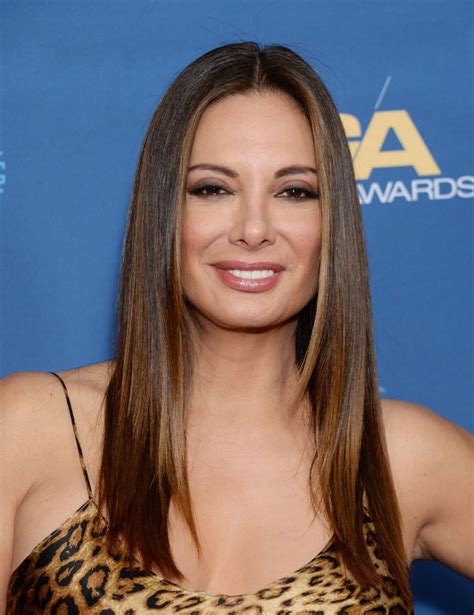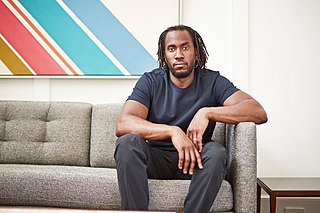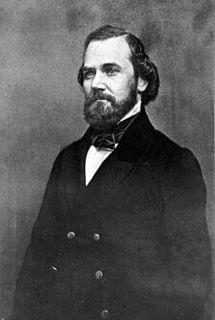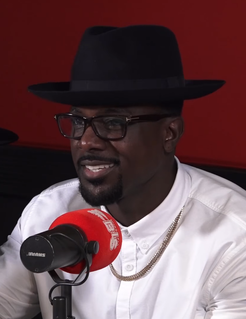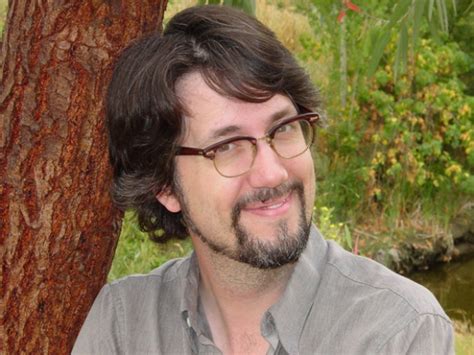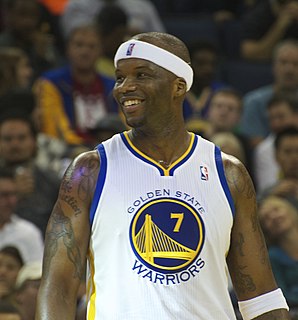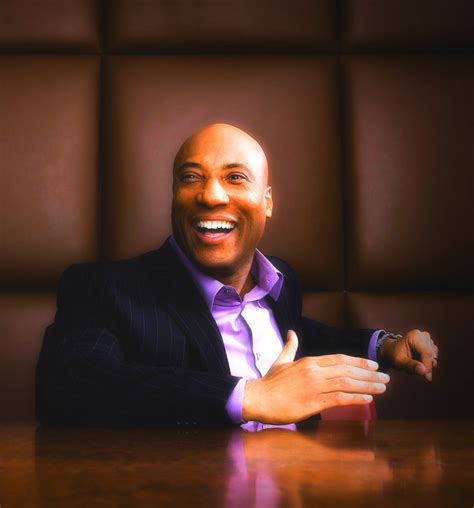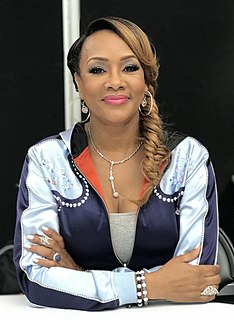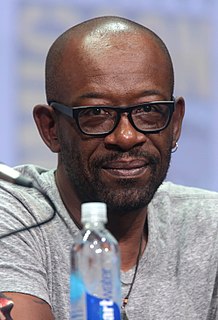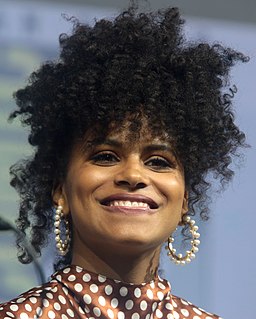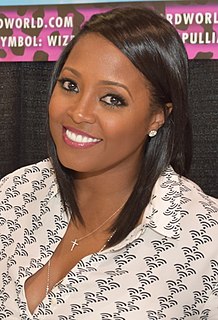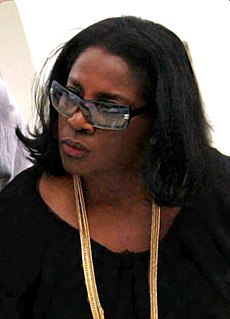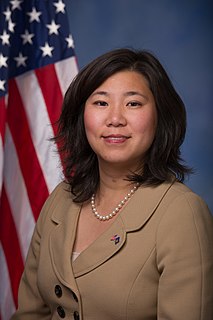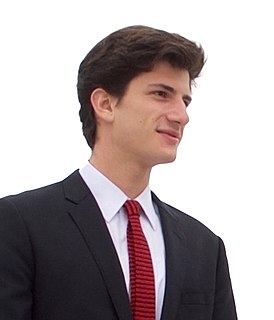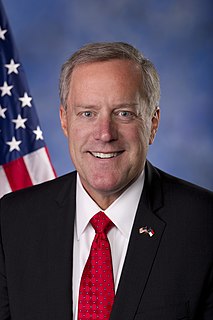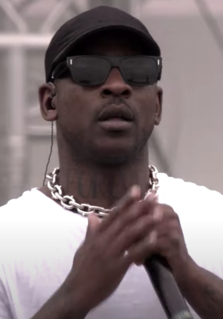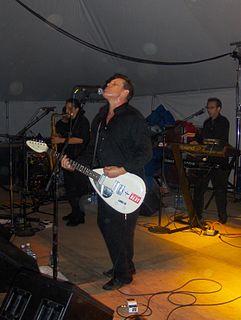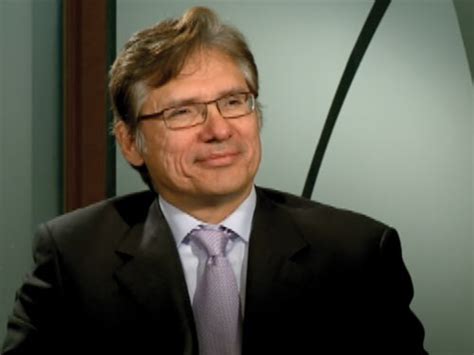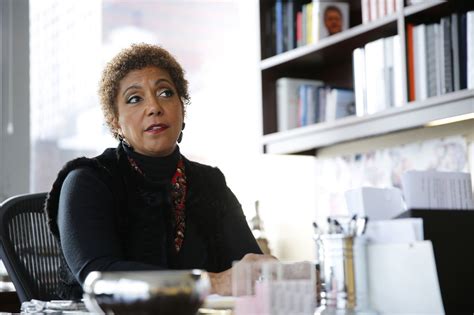Top 1200 African-American Quotes & Sayings - Page 19
Explore popular African-American quotes.
Last updated on December 4, 2024.
I happen to think that Hillary Clinton is a beacon of hope for younger girls, as was Barack Obama in other inspirational areas. We've now had an African American president, possibly a woman president, it's pretty cool. As far as she is concerned, whether man or woman, she is capable and experienced to be president.
American statesmen might like some Europeans more than others and even detect quaint resemblances to their own outlook; but they no more committed themselves to a particular group or country than a nineteenth-century missionary committed himself to the African tribe in which he happened to find himself.
As an African-American athlete, you get discouraged that this type of thing is still condoned in people's lives. You look at a situation where we're good enough to work for you, but not good enough to be around you. To build a franchise, good enough to build business for you, but not good enough to mingle amongst your circles.
I'd been taught from an early age that I was in the other category on the standardized tests. You know, I had to go down the checklist - Caucasian, African-American, Latino, Asian-Pacific Islander, and then, you know, at the bottom is other. So, you know, very early on I was taught, in a way, that I was somehow this anomaly.
I serve on the Institute of the Black World's National Commission on African-American Reparations, and we have asked the President [Barack Obama] to, by executive order, establish a commission to study reparations. He can do this without Congressional approval. While I am not optimistic, I do hope that President Obama considers this in these waning months of his Presidency.
Many White people are not sensitive to the kind of abuse that African Americans, especially younger African Americans, receive at the hands of police officers and police departments. I think for most Whites their experience with the police has been good or neutral because they don't interact with the police as much as those in the Black community.
As we women know, there are so many other hurdles that we have to cross that I would love it if we could stop having the race conversation so that we can get women further on. You know, a female president now that we have an African American president. Maybe we can get an Asian female, a gay person?
We have never owned, as a country, the damage done not only to people who were enslaved but to future generations in which they were treated. I think that has damaged the future of many African-American people. Some have risen above it quite nobly, but it has impacted generations, and we have to be able to own that as part of the past.
There couldn't possibly be a more label-driven industry than acting, seeing as every audition comes with a character breakdown: 'Beautiful, sassy, Latina, 20s'; 'African American, urban, pretty, early 30s'; 'Caucasian, blonde, modern girl next door'. Every role has a label; every casting is for something specific.
I get tired of hearing people, well-meaning people, talking about African-American kids or Hispanic kids as if they're all the same. Which isn't true. There is a very diverse group of people in both groups in terms of income, objectives in life, aspirations, cultural wants, habits, all the things that make us unique Americans.
Murders with guns are the No. 1 cause of death for African-American men between the ages of 15 and 34. But talking about race in the context of guns would also mean taking on a subject that can't be addressed by passing a law: the family-breakdown issues that lead too many minority children to find social status and power in guns.
Blackness also has positive dimensions, those that bear the political meanings of African American people, among other blacks, who have struggled for self-determination and freedom for centuries. The absence of such an identity doesn't automatically guarantee that we will be free of the images and ideals that fuel stereotypes about black identity. Changing the name will not alter the reality.
I think if some people know anything about African cinema it's something like the The Gods Must Be Crazy, which is such an awful, condescending movie that debases African participation, and anything I can do to shift that and draw attention to rich and widely varied films that come from there- because there's all kinds of filmmakers from Senegal, you have Mambety, and Haroun with Grigris.
Woodie King Jr., in 1970, had started a company called the New Federal Theatre, which was ensconced at the Henry Street Settlement. I did a number of plays there, and I auditioned each time. The plays were mostly new. New York was very fertile ground; there was a plethora of African-American plays being done.
Voters in 1960 elected the first Catholic president. In 2012, I voted to reelect the first African American president. Each was a vote for a man of principle and character, for a man who had proved himself capable and courageous and who would lead our country with a combination of dignity, compassion and toughness along a path of progress.
More so than any other city on the African continent, the people of Cairo look like the American Negroes in the sense that we have all complexions, we range in America from the darkest black to the lightest light, and here in Cairo it is the same thing; throughout Egypt, it is the same thing. All of the complexions are blended together here in a truly harmonious society.
We should really focus on an American First agenda, and these climate pacts and climate regulations have been designed to not necessarily give American workers and the American environment a head start. It really gives our competition a greater ability to compete internationally and disadvantage American companies.
Foreigners have a complex set of associations in their minds when they think of America - from Iraq to 9/11, certainly, but also from Coke to jeans. It is entirely possible for people around the world to love American products, American books, American movies, American music, and dislike the policies of the government of America.
There's no question that O.J. Simpson had been a substitute white man in America. He had gained honorary white status. He was not viewed by many white Americans as black. He was not seen as the African American athlete who was rebellious: Jim Brown, Muhammad Ali, Hank Aaron... He was accepted in golf clubs that were very tony.
I spent my youth and my most formative years in Africa. I left Africa when I was about 20, 21, and when Mo says a great African, I was really moulded by my African experience, although I had the good fortune that by the time I was 24 I had studied and worked on three continents - Africa, the US, and Europe.
If you come to me and say, 'Hey look I'm a racist,' or 'I discriminate against blacks,' or 'I don't like you because you're African American,' I respect that. I can respect you more by doing that. But don't smile in my face, shake my hand, and then you don't really respect me, or want me to be around, or come to your games as the owner of the Clippers.
I was allowed to write about race using an elevator metaphor because of Toni Morrison and David Bradley and Ralph Ellison. Hopefully, me being weird allows someone who's 16 and wanting to write inspires them to have their own weird take on the world, and they can see the different kinds of African American voices being published.
Affirmative action is not going to be the long-term solution to the problems of race in America, because, frankly, if you've got 50 percent of African-American or Latino kids dropping out of high school, it doesn't really matter what you do in terms of affirmative action. Those kids aren't going to college.
I'd been taught from an early age that I was in the 'other' category on the standardized tests. You know, I had to go down the checklist - Caucasian, African-American, Latino, Asian-Pacific Islander, and then, you know, at the bottom is other. So, you know, very early on I was taught, in a way, that I was somehow this anomaly.
When I was a youth, to be called 'African' was a diss. At school, the African kids used to lie and say they were Jamaican. So when I first came in the game, and I'm saying lyrics like, 'I make Nigerians proud of their tribal scars/ My bars make you push up your chest like bras,' that was a big deal for me.
I think there's a pride of what a real American can be. I mean, I'm a transplant, but I've got American kids and an American wife, and when I go back to England I feel more like an American, the way I look at the world, is more from an American perspective at this point. I've traveled every state 30 or 40 times, and have met an amazing array of people, and I have found Americans to be among the most kind and tolerant people I have ever met.
We cannot allow some people to be left at the back of the human rights bus... We must ensure the rights of individual groups or people -be they indigenous peoples, or peoples of Asian or African or American descent, or Jews or Muslims- are not sacrificed on an altar of progress for some while there are setbacks to others.
I think the sad fact is, there's a long history in this country at looking at African-American as subhuman. And I think that's reflected in the fact that, when we have problems that really are problems of employment, that are really problems of mental health, that are really problems of drugs, our answer is the police.
I am proud to live in a country with an African-American president. But President Obama cannot be proud of the fact that the prevalence of black poverty has actually increased under his leadership. The specific policies advanced by the president and his allies on the left amount to little more than throwing money at the problem and walking away.

